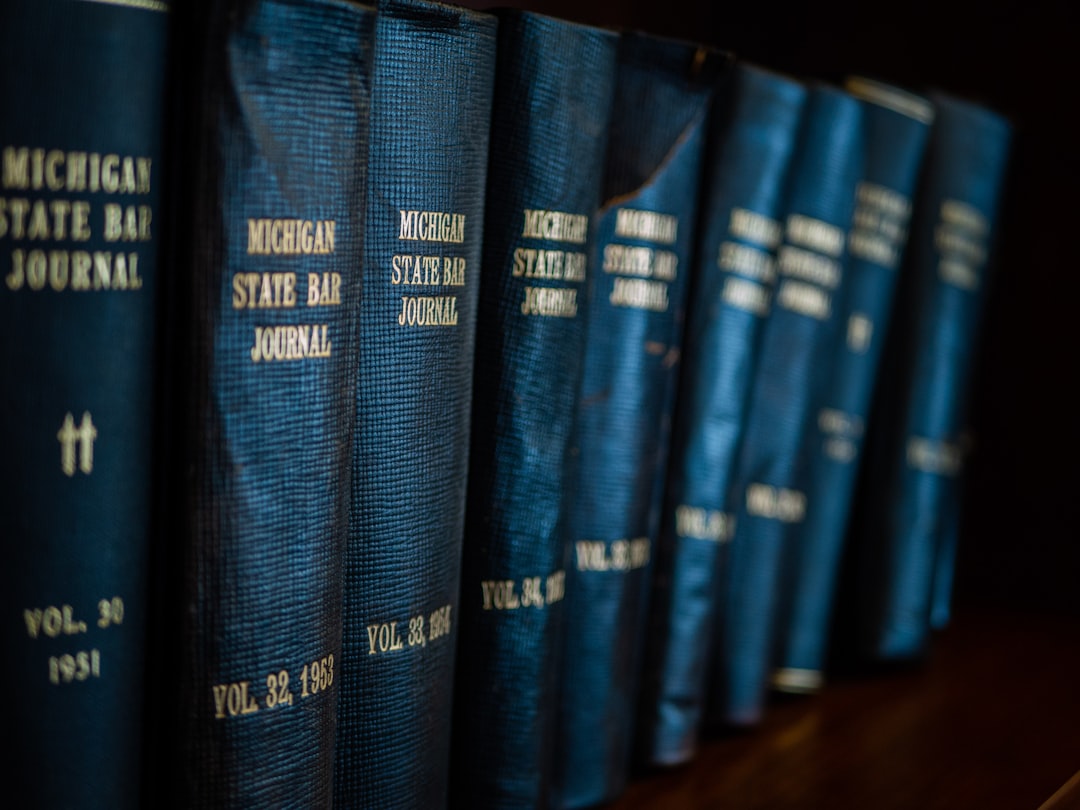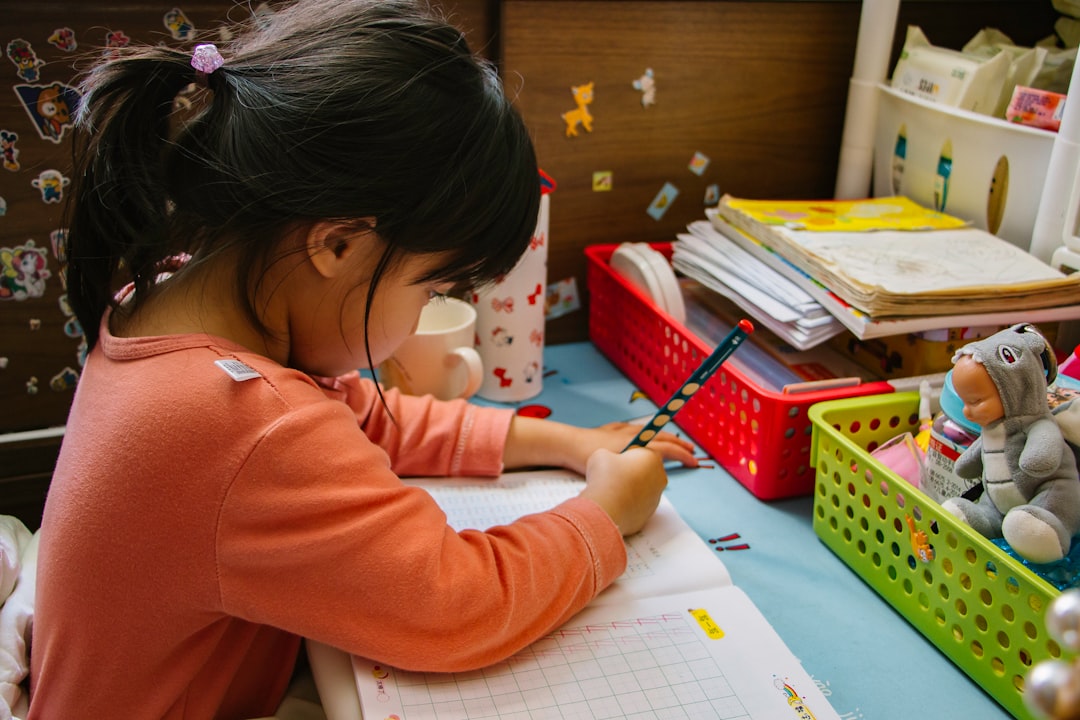In South Carolina, understanding child abuse laws is crucial for ensuring the safety of young minds. This article delves into the legal perspective surrounding daycare operations and their liability for potential abuse. We explore key signs to recognize and report daycare abuse or neglect, outline the legal process for justice, and provide support resources for victims and families. For those seeking guidance on daycare abuse cases in South Carolina, this is a comprehensive guide, featuring insights from a legal expert. Find your daycare abuse lawyer SC here to navigate these complex matters effectively.
Understanding Child Abuse Laws in South Carolina: A Legal Perspective
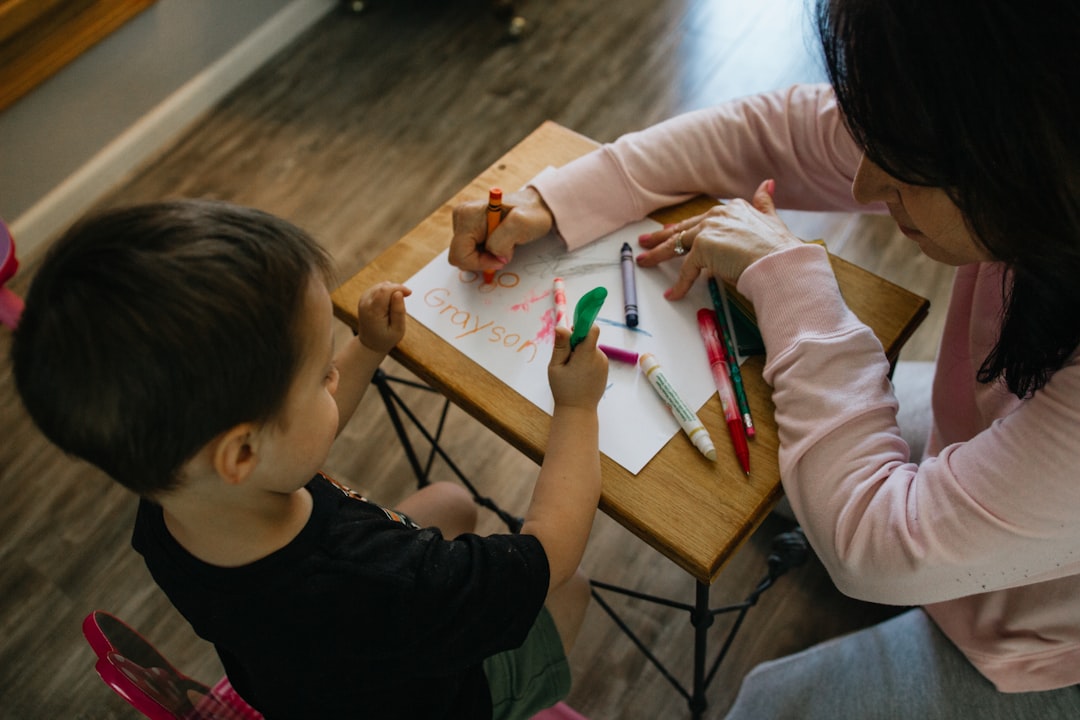
In South Carolina, child abuse laws are designed to protect minors and ensure their well-being in various settings, including daycares. A daycare abuse lawyer in South Carolina is crucial for navigating these legal frameworks. The state defines child abuse as any act or omission that causes harm, endangers the health or welfare of a child, or impairs their mental or physical development. This includes physical, emotional, and sexual abuse, as well as neglect. Daycare centers are subject to strict regulations, and any incidence of abuse or negligence can have severe legal consequences.
Legal experts emphasize that South Carolina has established guidelines for the care and supervision of children in daycares. These rules cover staff-to-child ratios, training requirements, and reporting obligations. A daycare abuse lawyer understands these laws inside out, ensuring that victims’ rights are protected and that responsible parties are held accountable. In cases of alleged abuse or neglect, prompt legal action is essential to preserve evidence and secure justice for the affected child.
The Role of Daycare Centers and Their Liability for Abuse
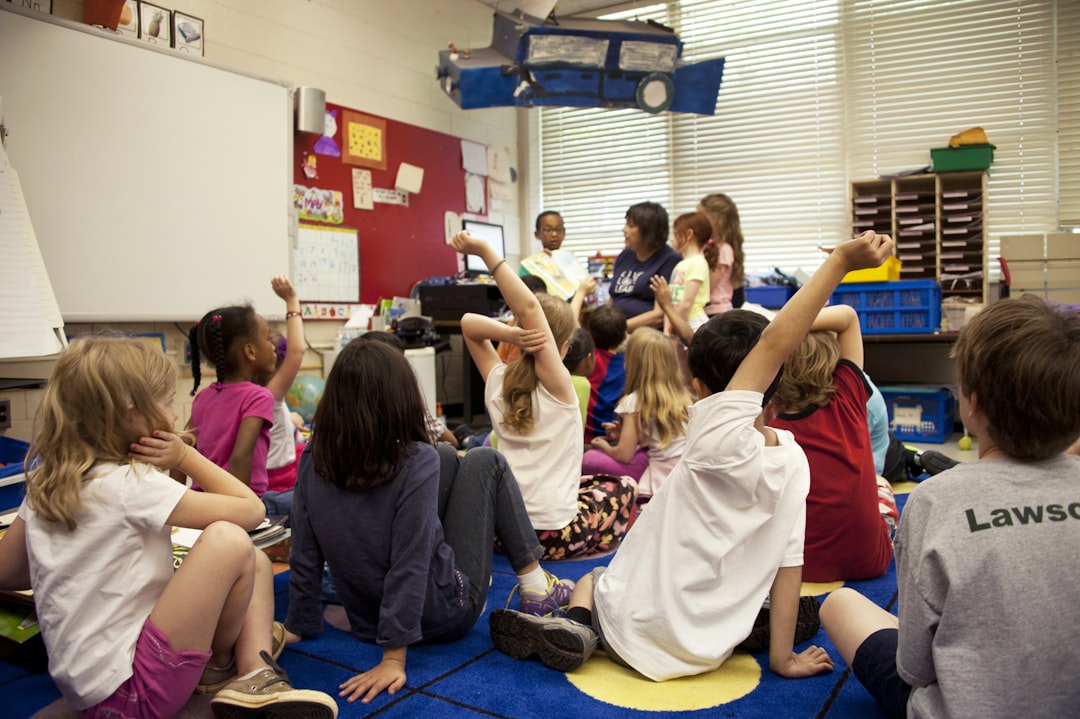
Daycare centers play a vital role in the lives of many families, providing a safe and nurturing environment for children while parents are at work or otherwise occupied. However, this also places them under strict scrutiny when it comes to child safety. In South Carolina, daycare centers are subject to various laws and regulations designed to protect children from abuse and neglect. These include regular inspections, staff-to-child ratio requirements, and mandated reporting of suspected abuse or neglect.
Despite these measures, cases of daycare abuse do occur, leading many parents to seek the expertise of a daycare abuse lawyer South Carolina. When such incidents happen, determining liability can be complex. Daycare centers may be held responsible for direct physical or emotional abuse by their staff, as well as neglect that results in harm to a child. Legal experts in this field specialize in navigating these complexities, ensuring that victims receive justice and appropriate compensation for the trauma they have endured.
Recognizing Signs of Daycare Abuse and Neglect: What to Look For

Recognizing potential signs of daycare abuse and neglect is a critical step for parents and caregivers in ensuring their child’s safety. Daycare facilities are trusted environments where children spend a significant portion of their early years, making it imperative to be vigilant. Some key indicators include physical injuries that cannot be easily explained, such as bruises, welts, or burns, which might suggest physical abuse. Additionally, look out for emotional red flags like excessive fear of attending daycare, sudden changes in behavior, withdrawal from peers, or persistent anxiety and depression.
Neglect is another prevalent issue; children may exhibit signs of inadequate care, including frequent untidiness, lack of proper hygiene, chronic hunger, or delays in developmental milestones. If a daycare staff member displays inappropriate behavior, such as yelling or using physical force excessively, it could indicate potential abuse. South Carolina parents should be proactive and seek the expertise of a dedicated daycare abuse lawyer if they suspect any form of maltreatment, ensuring their child receives the necessary support and justice.
Legal Process: Reporting, Investigating, and Pursuing Justice
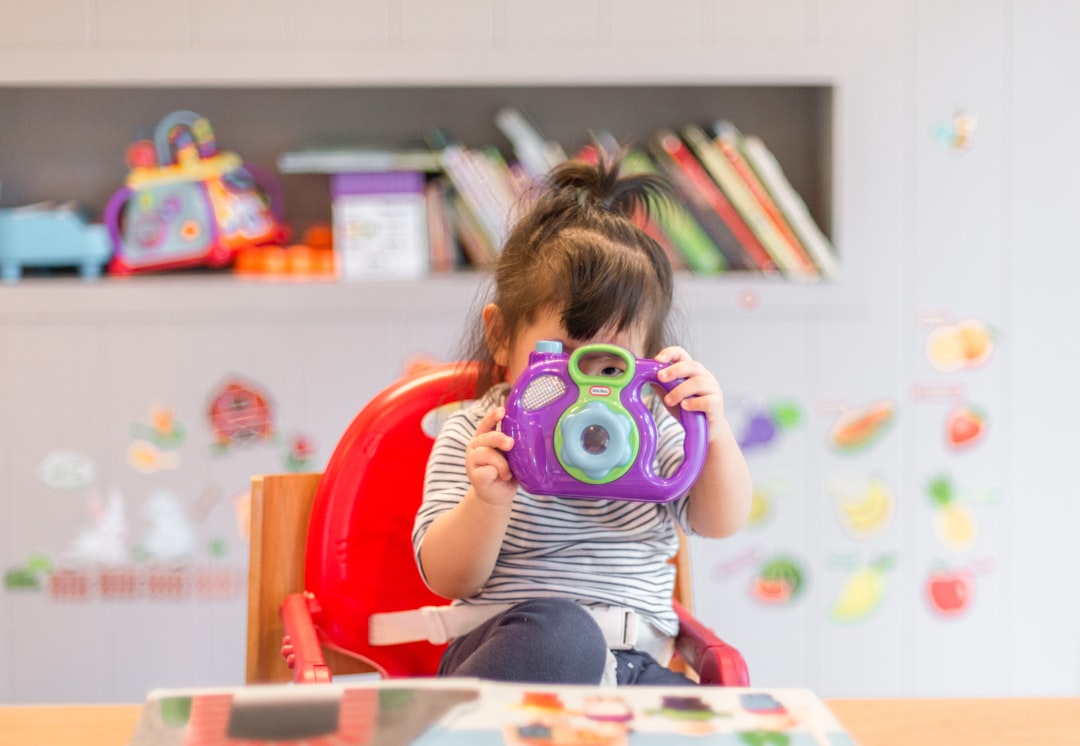
In South Carolina, the legal process for addressing child abuse within daycares involves a series of critical steps to ensure justice and protection for the affected children. When a case of daycare abuse is suspected, it is imperative to report it to the appropriate authorities, such as the South Carolina Department of Social Services (DSS). The DSS receives the report and initiates an investigation to gather evidence, interview relevant parties, and assess the validity of the allegations.
Throughout this process, a dedicated daycare abuse lawyer in South Carolina can play a pivotal role. Legal counsel specializes in navigating complex legal systems and ensures that the rights of both the child and the accused are protected. They guide clients through the investigation, advise on potential outcomes, and represent them in court if charges are filed. Their expertise is crucial in pursuing justice, advocating for necessary changes in daycare regulations, and ensuring a safe environment for children under their care.
Support Resources for Victims and Families of Daycare Abuse
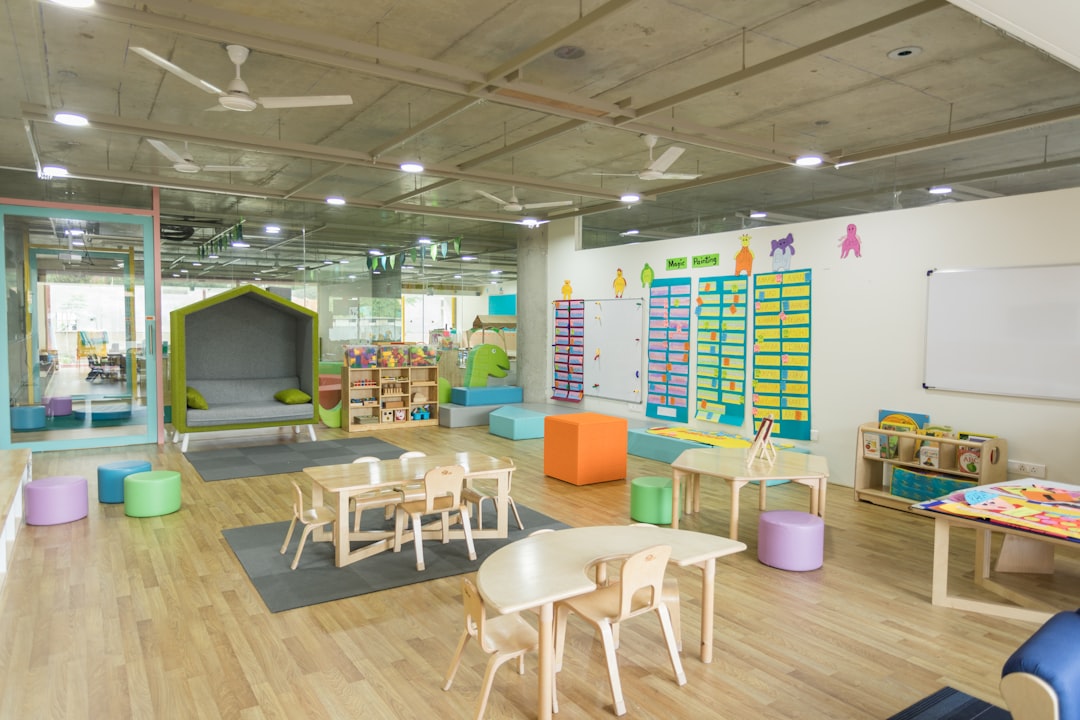
For those affected by daycare abuse in South Carolina, there is a range of support resources available to help navigate the legal process and begin healing. Many non-profit organizations offer services tailored to victims and their families, providing emotional support, legal guidance, and financial assistance. These organizations often have hotlines where individuals can receive immediate help and connect with professionals who specialize in child abuse cases.
A daycare abuse lawyer in South Carolina can be a vital asset in seeking justice and compensation for the harm suffered. They can guide victims and families through the complex legal system, ensuring their rights are protected. With their expertise, they can help build strong cases, negotiate settlements, or represent clients in court, ultimately aiming to hold perpetrators accountable and prevent similar incidents from occurring in the future.



